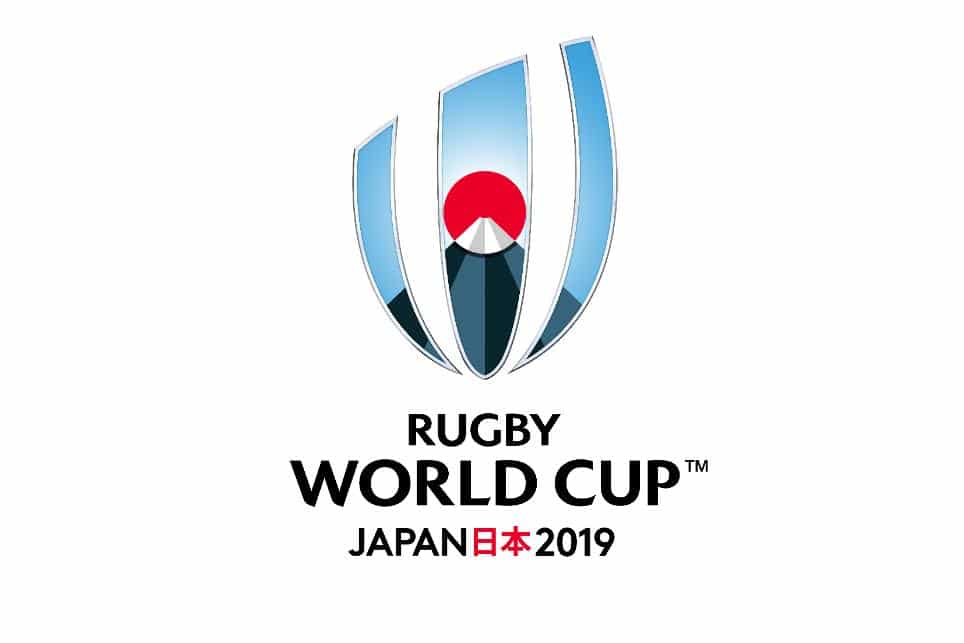Team camps will play a key role within Rugby World Cup 2019; hosting the 20 competing teams and taking the tournament to local communities across the country, making it a sporting event for the entire country.
A team camp will consist of five component parts, including an outdoor and indoor training facility, hotel, swimming pool and gym. Japan Rugby 2019 will identify up to 50 team camps across the country, providing the 20 competing teams with a variety of team camp locations.
Team camp locations will range from close proximity to a particular match venue, centrally located between match venues, or outside of a host city to provide a different training environment away from the hub of tournament activity.
Japan Rugby 2019 Chief Executive Akira Shimazu said: “Team camps will play a pivotal role in the tournament and we are delighted to see such a strong response rate to the search and selection programme. We want to identify high quality facilities across the country to ensure the teams have the best possible platform to compete at Rugby World Cup 2019. As an organising committee we are fully committed to meeting the needs of all competing players, ensuring that we deliver to the best possible standards.
“We received 76 applications from Hokkaido in the very north down to Okinawa, which is the most southern prefecture of Japan, so it’s exciting that so many local authorities recognise the value of providing a team camp. Having such a diverse collection of camps will ensure there is a real buzz around the tournament for every Japanese person.
“2017 is an important year for us. We will have pool draw in Kyoto in May this year, and we will announce the successful team camp candidates this summer before the announcement of the match schedule and the ticketing programme.”
Once the match schedule has been finalised and teams know where they will play, the teams will visit Japan to inspect the available team camps.
World Rugby Chairman Bill Beaumont said: “The strong interest from parties interested in becoming a Rugby World Cup 2019 team camp reflects the enormous prestige of the Rugby World Cup brand and that it is sure to be an event that is set to capture the hearts and minds of people the length and breadth of the nation and beyond.
“While the match venues are the stages on which the 20 participating nations will showcase the sport and character-building values, the team camps will deliver the important platform to ensure all our players are ready to perform to their full potential. I am delighted that this submission reflects the superb sporting facilities in Japan but also the depth and warmth of the welcome that the teams will receive.”
Applications have been received from the following cities and prefectures:
- Abashiri City
- Atsugi City
- Awaji City and Hyogo Pref.
- Beppu City
- Ebina City
- Ehime Pref. and Matsuyama City
- Fuchu City
- Fujiyoshida City and Fujikawaguchiko Town
- Fukushima Pref.
- Gujo City
- Hachimantai City
- Hamamatsu City
- Hirosaki City
- Hiroshima City
- Hokkaido Pref. and Ebetsu City
- Ichihara City and Nagara Town
- Ichinomiya City
- Ishinomaki City
- Iwata City
- Kagoshima City
- Kakegawa City
- Kanagawa Pref. and Fujisawa City
- Kashiwa City
- Kasuga City
- Kitakami City
- Kitakyushu City
- Kitami City
- Kobe City and Hyogo Pref.
- Kochi Pref. and Kochi City
- Kumamoto Pref. and Kumamoto City
- Kurume City
- Machida City
- Maebashi City
- Mimasaka City and Okayama Pref.
- Miyako City
- Miyazaki Pref. (Pattern A) and Miyazaki City
- Miyazaki Pref. (Pattern B) and Miyazaki City
- Morioka City
- Munakata City
- Musashino City
- Nagasaki Pref. and Isahaya City
- Nagasaki Pref. and Nagasaki City
- Nagasaki Pref. and Shimabara City
- Nagato City
- Nagoya City
- Nakashibetsu Town
- Nakatsu City
- Narita City
- Obihiro City
- Oita City
- Omaezaki City
- Otaru City
- Otsu City
- Ryugasaki City
- Saga Pref.
- Saiki City
- Saitama City
- Sakai City
- Sapporo City
- Sayama City
- Seki City
- Shizukuishi Town
- Shizuoka City
- Susono City and Gotemba City
- Suzuka City and Mie Pref.
- Tenri City
- Tokushima Pref. (Pattern A)
- Tokushima Pref. (Pattern B)
- Toyohashi City
- Toyota City
- Ueda City
- Urayasu City
- Wakayama Pref. and Kamitonda Town
- Yamagata Pref., Yamagata City and Tendo City
- Yokohama City
- Yomitan Village


